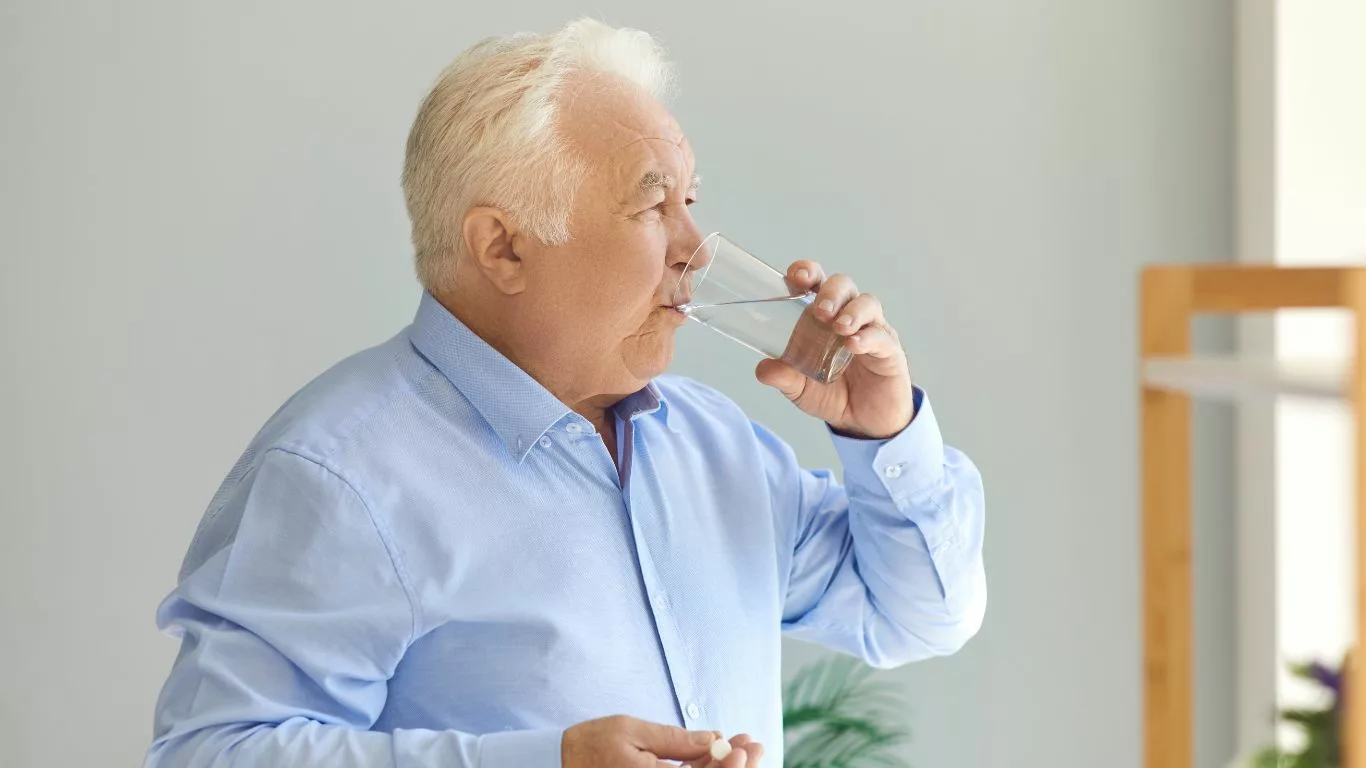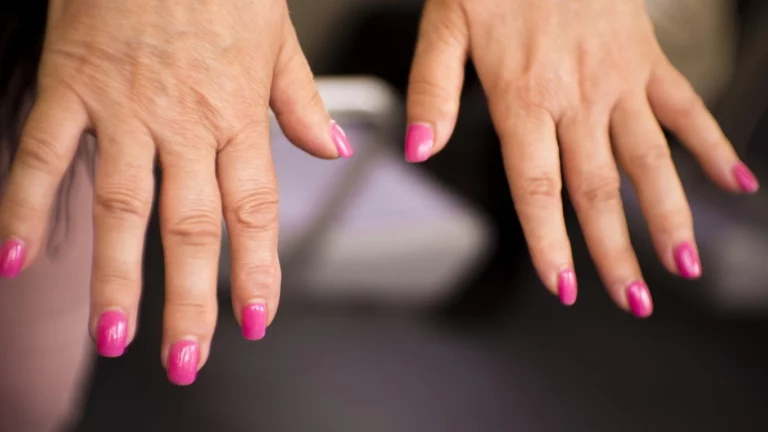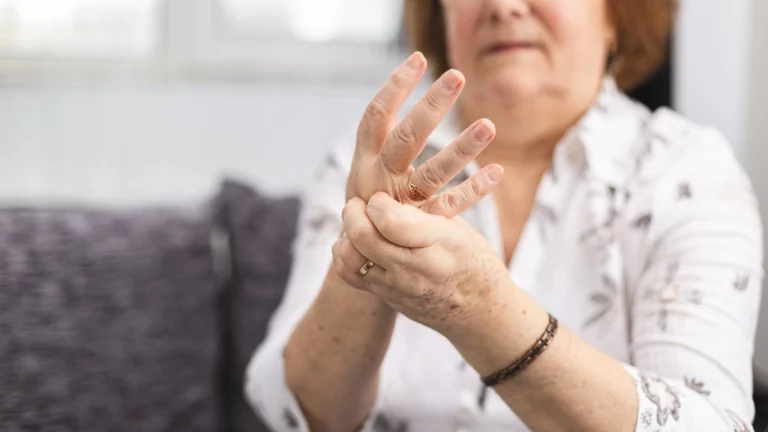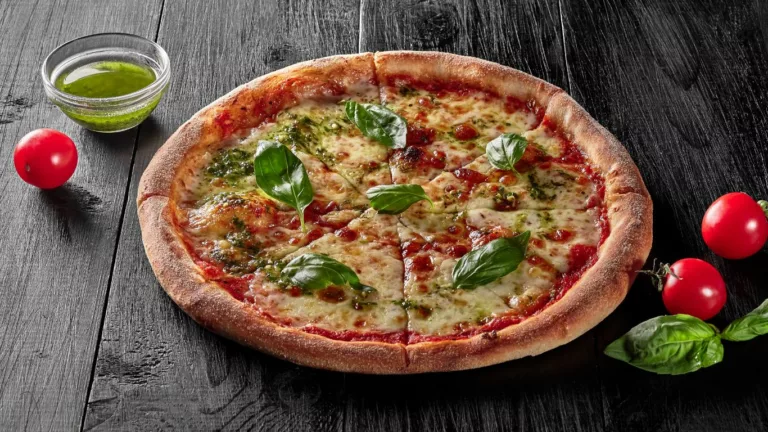High Blood Pressure and the Importance of Hydration: A Simple Yet Effective Strategy
We all know that managing high blood pressure is no walk in the park. As a Hypertension expert, I’ve had countless conversations with patients about how complicated it can feel to get a handle on things. The medications, the lifestyle changes, the constant monitoring—it can all feel overwhelming. But here’s something that might surprise you: one of the simplest, most effective ways to support your blood pressure is something we all forget to do from time to time—drink water.
High blood pressure and the importance of hydration isn’t something that’s talked about enough. You might be thinking, “Really? Water?” Well, yes. Water and hydration play a significant role in how your body manages blood pressure. Let me walk you through why this is such a big deal and how something as simple as staying hydrated could make a noticeable difference in your blood pressure and overall health.

So, What’s the Deal with Hydration and High Blood Pressure?
It sounds like a pretty straightforward concept, right? Drink water, feel better. But when it comes to blood pressure, hydration is about more than just quenching your thirst. I’ve seen it time and again in my practice: people who struggle with high blood pressure sometimes overlook the role that hydration plays in regulating it. When we’re dehydrated, our blood volume drops. This means that your heart has to work harder to pump blood throughout your body, which can raise your blood pressure. The crazy part is, even mild dehydration can make your blood a little thicker, which in turn increases the pressure your heart exerts to pump it around. So, it’s pretty clear that hydration isn’t just about staying comfortable—it’s a critical part of keeping your blood pressure under control.
Why Water is Your Best Friend When It Comes to Blood Pressure
I’ve seen the impact hydration can have on my patients’ health, and it’s often surprising how big of a difference something as simple as drinking enough water can make. Here’s why it matters:

- Water Helps Maintain Blood Volume
Blood pressure is directly linked to blood volume. When you’re dehydrated, your blood volume decreases, which makes it harder for your body to circulate blood effectively. This can cause your blood pressure to spike as your heart works overtime. Staying hydrated helps maintain an adequate blood volume, meaning your heart doesn’t have to work as hard to pump blood. - Keeps Your Kidneys Happy
Dehydration puts extra stress on your kidneys, which are responsible for regulating your blood pressure by managing fluid and salt levels. When you’re not drinking enough water, your kidneys can’t do their job properly, which can lead to increased blood pressure. Hydration helps them function better, keeping your pressure in check. - Balances Sodium and Electrolytes
Dehydration can mess with your sodium and electrolyte balance, which directly affects your blood pressure. When your body senses low water levels, it begins retaining sodium, which can lead to high blood pressure. But when you hydrate properly, your body can better maintain a healthy balance of sodium, potassium, and magnesium—key players in keeping your blood pressure at a healthy level.
Tips for Staying Hydrated (Without Feeling Like It’s a Chore)

Let’s be real. If you’re not already drinking a lot of water, it might feel like a chore to suddenly start pounding back 8 cups a day. But trust me, it doesn’t have to be hard. Here are some tips I’ve shared with my patients that make staying hydrated way easier:
- Make It a Habit
I always tell my patients to think of hydration the same way they think of eating or breathing. Just like you wouldn’t skip a meal, don’t skip your daily water intake. Set reminders on your phone or leave a water bottle by your desk so it’s always within reach. - Drink Before You Feel Thirsty
Thirst is actually a sign that your body is already starting to get dehydrated. Try to drink water regularly, even if you’re not thirsty, so you’re always staying ahead of dehydration. - Flavored Water for a Fun Twist
If plain water isn’t doing it for you, get creative! Add slices of lemon, cucumber, or berries to your water for a refreshing taste without the extra sugar. I’ve found that my patients who add a little flavor are more likely to stick to their hydration goals. - Hydrating Foods Count Too
Water-rich foods like watermelon, cucumbers, oranges, and celery can add to your hydration. Try making a hydrating salad or snacking on these throughout the day. They taste great and keep your hydration levels up.
Troubleshooting Common Issues
While staying hydrated sounds easy in theory, there are a few common issues that can make it tricky. Let’s go over them.
1. Struggling to Drink Enough Water?
This is a common challenge. You might get busy or just forget to drink water. If this sounds like you, set a timer on your phone to remind you every hour to take a sip. Alternatively, use a water tracking app to keep tabs on how much you’re drinking.
2. Feeling Overwhelmed by the ‘Water Goal’?
If you’re looking at the 8 glasses a day and feeling overwhelmed, remember that hydration is not a one-size-fits-all thing. If you’re active or live in a hotter climate, you might need more water. Listen to your body and adjust as needed. Hydration is about consistency, not perfection.
3. Can Too Much Water Hurt Me?
While dehydration is the bigger concern, yes—drinking too much water too quickly can lead to something called hyponatremia, or water intoxication. This happens when your sodium levels become too diluted, which can be dangerous. Stick to moderate amounts of water throughout the day and you’ll be fine.
Case Studies / Success Stories: Real People, Real Results
Let’s talk about a couple of real-life examples. These success stories show just how powerful hydration can be when it comes to managing high blood pressure.
John’s Story: Hydration as a Game Changer
John was a 60-year-old patient who had been managing high blood pressure for years. He was on medication, but his blood pressure was still high. After discussing hydration with him, we agreed to try adding more water to his daily routine. Within just a few weeks, John noticed that his blood pressure was more stable, and he didn’t need to increase his medications. He was amazed at how such a simple change could make such a big impact.
Sarah’s Success: From Struggling to Thriving
Sarah, a 47-year-old woman, had a family history of hypertension and was concerned about her rising blood pressure levels. After starting to prioritize hydration and cutting back on sugary drinks, she saw a significant improvement in her blood pressure. Her energy levels also went up, and she felt more vibrant overall. Hydration, combined with other lifestyle changes, made a huge difference for her.
Key Takeaways / Summary
- Staying hydrated plays a big role in managing high blood pressure by supporting healthy blood volume and kidney function.
- Dehydration can cause your blood pressure to rise, while proper hydration helps maintain a healthy balance of electrolytes and sodium.
- Drinking water regularly, eating hydrating foods, and balancing electrolytes are simple yet effective ways to manage blood pressure.
5 FAQs About Hydration and High Blood Pressur
1. How much water should I drink daily for high blood pressure? Aim for at least 8 cups a day, but adjust based on your activity level and climate.
2. Can I drink other fluids instead of water? Yes! Herbal teas, coconut water, and even milk can contribute to your hydration. Just be cautious with caffeinated or alcoholic beverages, as they can dehydrate you.
3. Is it possible to overhydrate? Yes, overhydration is a concern, but it’s pretty rare. Stick to drinking water throughout the day, and avoid chugging too much at once.
4. Will drinking more water cure my high blood pressure? Hydration is not a cure, but it’s an important part of managing blood pressure. It works best when combined with other lifestyle changes and medication.
5. Can dehydration affect my kidney function? Yes, dehydration can stress your kidneys, leading to problems with sodium balance and increasing your blood pressure.
Appendix
References:
- Hypertension and Hydration: The Connection” – American Heart Association.
- Dehydration and Blood Pressure” – National Kidney Foundation.
Disclaimer: Always consult a healthcare provider before making significant changes to your hydration or medication routines.
Call to Action: Hydration is one simple way to improve your health! Start prioritizing your water intake today and see how it affects your blood pressure. Remember, small changes can make a big difference in your health journey!

Dr. Gwenna Aazee is a board-certified Internal Medicine Physician with a special focus on hypertension management, chronic disease prevention, and patient education. With years of experience in both clinical practice and medical writing, she’s passionate about turning evidence-based medicine into accessible, actionable advice. Through her work at Healthusias.com, Dr. Aazee empowers readers to take charge of their health with confidence and clarity. Off the clock, she enjoys deep dives into nutrition research, long walks with her rescue pup, and simplifying medical jargon one article at a time.







